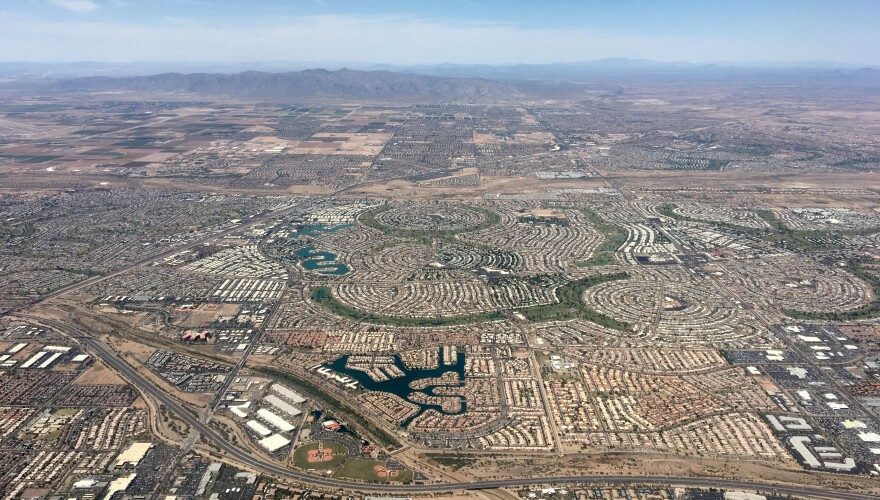Arizona voters overwhelmingly support investments in infrastructure, according to a recent poll conducted by Cygnal – an award-winning international polling, public opinion, and predictive analysis firm.
The poll concludes voters across all parties consistently support increasing investments in infrastructure. According to Cygnal, regardless of geography, income, education, and demographic characteristics, approval peaked and hovered above 80% throughout the 2022 midterm election cycle, never dipping below 78%.
As reported by Cygnal, 88% of registered Democrats, 75% of Republicans, and 79% of Independent voters who participated in the poll support further investments in the state’s infrastructure.
And interestingly, 75% of Arizona voters who supported President Trump and 88% of President Biden voters in the 2020 Presidential Election support infrastructure investments.
“This is quite atypical for a policy of such importance to garner such bipartisan support, particularly during an election cycle when issues become polarized,” said Brock McCleary, vice president of Cygnal, “Take crime for example. No one is for crime. However, divergent public opinions overlay such issues. And even the economy during this election cycle became a flashpoint – voters had different opinions.”
McCleary adds that infrastructure investments don’t seem to elicit any opposition from any strong corners of the electorate. Moreover, McCleary also indicates that the polling results show why President Biden has been able to move the needle on issues involving infrastructure, stating that strong public support and long-standing economic impacts dissuade voters from strong disagreement.
What’s more, those who strongly agreed with Arizona investing more in infrastructure to sustain economic growth and vitality outpaced those who strongly disagreed by a margin of 10 to 1.
“Some voters are looking for issues that are less partisan in nature and more constructive in terms of the essential role and function of government,” McCleary said. “Infrastructure is one of those rare issues with genuine, consistent bipartisan support. Campaigns can become turbulent and sensational issues split electorate opinions, but infrastructure doesn’t seem to be polarizing.”
McCleary says such a large margin should tell lawmakers that Arizonans want substantive, results-driven agendas with positive long-term impacts. For instance, a poll conducted by Alloy Analytics found that 74% of Arizonans support water infrastructure investments surrounding desalination efforts which would diversify the state’s water supply.
The final poll results show the largest gap in opinion intensity with 43% of all voters strongly agreeing with an increase in infrastructure investments and only 5% strongly disagreeing. The poll finds that 1 in 20 voters disapprove of infrastructure investments – a de minimis amount.
And while it may be unconventional for political candidates to lean into policy issues late in the campaigns, Cygnal’s findings hint that substantive, policy-driven messaging may sway undecided voters, presenting new opportunities for candidates as they consider the 2024 election cycle.
“For many candidates, it may be worth establishing an agenda that includes investing in infrastructure,” McCleary said. “Voters are looking for politicians running on a good government approach.”
















Add comment